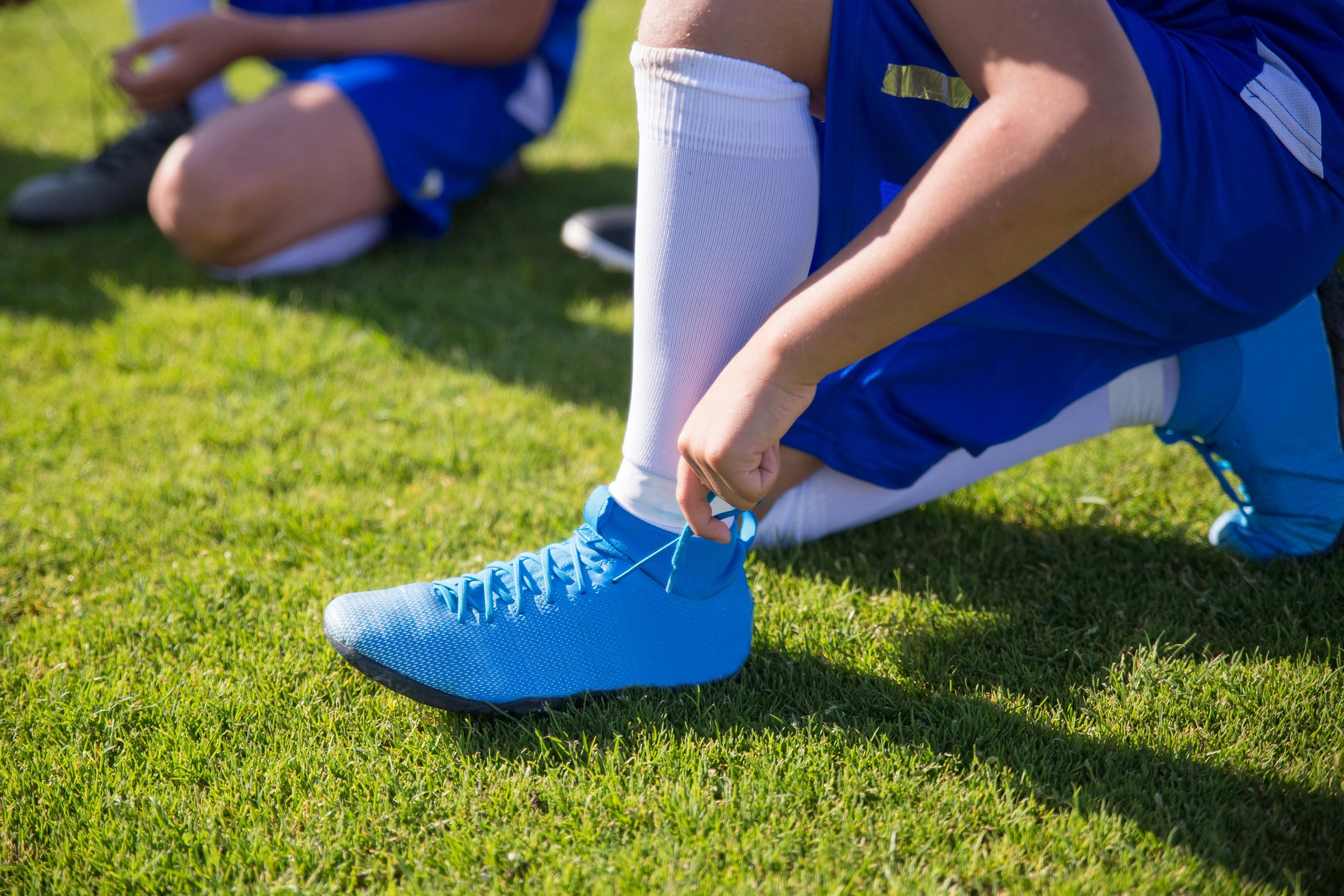
The Pregame Mindset: Rituals That Ready the Mind for Action
Elite athletes don’t wing it before competition—they prepare their mind just as intentionally as their body. This article dives into the psychology of pregame rituals, showing how visualization, breathwork, music, and mindset cues become powerful performance triggers. If you want to compete with confidence and focus, the moments before you start might matter more than you think.

Mental Strength for Finals: Building Confidence at the End Game
The final whistle, the last rep, the last second on the clock—this is where champions are made. Anyone can start strong, but finishing strong takes composure, focus, and belief when fatigue sets in and pressure peaks. The body may be tired, but the mind? That’s where the outcome is decided. This post dives into the mental tools elite performers use to stay sharp when it matters most.

Start Strong, Stay Sharp: Mindset Tips for Opening Moments
Before the whistle blows, before the first move is made—your mind decides how you’ll show up. In sport, the first breath, the first step, the first thought can shape the rhythm of your entire performance. This blog dives into how athletes can train those crucial opening moments with intention, focus, and calm—and why starting strong isn’t about hype, but about control.

Mindset Reps: Daily Practices for Peak Athletic Mentality
Every athlete knows how to train their body. But the athletes who rise under pressure are the ones who train their minds with equal discipline. This post breaks down the concept of “mindset reps” — small, daily drills that condition your focus, confidence, and calm so you can perform with clarity, no matter what the day throws at you.

Reset Fast: Bouncing Back from Mistakes in Competition
Even the best athletes mess up. The question isn’t if you’ll make a mistake—it’s how fast you can reset. In sport, resilience means more than just bouncing back eventually—it means recovering in the moment. This blog explores how athletes train their minds to stay composed under pressure and how mental reset routines turn errors into opportunities for growth.

From Teammate to Leader: EQ Skills That Elevate Emerging Athletes
You train your body to be stronger, faster, more precise. But what if your edge isn’t physical at all? Emotional intelligence is what transforms good athletes into team leaders—and it’s just as trainable. From calming locker room nerves to uplifting teammates in crunch time, EQ might be the most underrated performance skill in your arsenal.

The Emotionally Intelligent Athlete: Staying Calm When Pressure Hits
Every athlete feels pressure—but not every athlete knows how to master it. Emotional regulation is the hidden skill that separates peak performers from the rest. Whether it’s transforming frustration into focus or anxiety into alertness, the ability to manage emotions in the heat of competition is what fuels consistency, resilience, and excellence. Learn how to develop this game-changing skill—and why a Mental Performance Coach might be the edge you’ve been missing.

Leading Through Loss: Building Emotional Resilience in Athletes
Resilience doesn’t erase the pain of losing — but it changes the way athletes respond to it. Instead of shutting down, they adapt, learn, and continue to push forward. That’s what transforms a single loss into long-term leadership and growth.
Have a Question for Us?
Call us at 437-826-9365 or schedule an ask us anything chat.
We can talk about how working with a therapist and/or mental performance coach can help you.
No charge. No obligation.